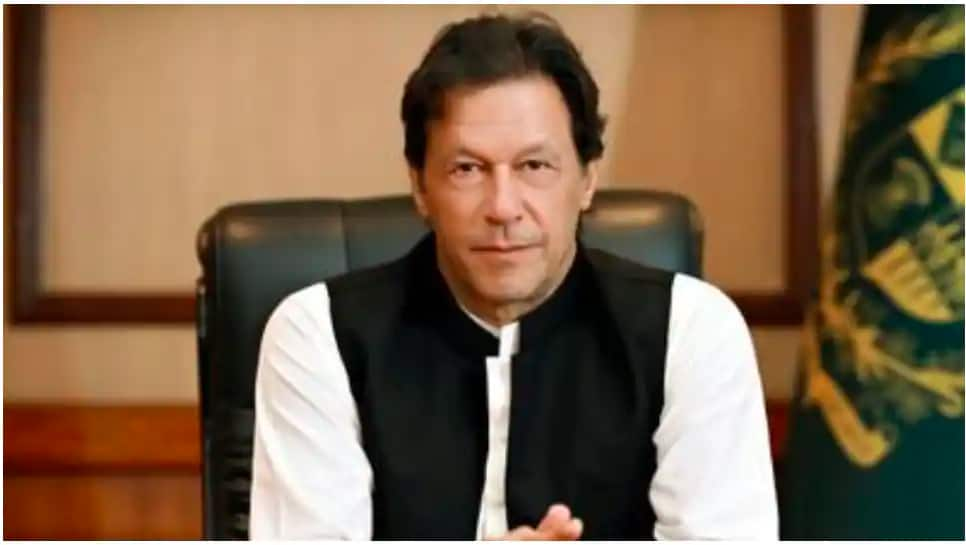Pakistan's gross external financing requirement stands at USD 23.6 billion in 2021-22 and USD 28 billion in 2022-23.

Pakistan is in the throes of a deep economic crisis with the country requiring gross external financing of USD 51.6 billion within a two-year period (2021-2023) in order to fulfill its needs.
Despite placing very conservative estimates assessed by the IMF, Pakistan's gross external financing requirement stands at USD 23.6 billion in 2021-22 and USD 28 billion in 2022-23, reported The News International.
The Pakistani authorities are making last-ditch efforts to strike a staff-level agreement with the International Monetary Fund (IMF) to bridge the gap of external financing requirements. Without striking a deal with the IMF under the existing USD 6 billion Extended Fund Facility (EFF) during the ongoing parleys in Washington, this massive gross external financing requirement will be at risk in the wake of the suspension of program loans from other multilateral creditors such as the World Bank (WB) and Asian Development Bank (ADB), reported The News International.
The WB and ADB will continue lending project loans but keeping in view the capacity to implement projects, the disbursement becomes dismally low.The credit rating agencies may further downgrade the country's ratings, so generating funds through the issuance of international bonds will become expensive, reported The News International.
The official sources said that the IMF was asking for the removal of distortions into the taxation system and pointed out that different GST exemptions and rates should be aligned with the standard rate of 17 per cent.
The standard GST rate of 17 per cent should be imposed on Petroleum Oil Lubricants (POL) products. The GST rate on fertilizer, tractors and other items should be brought at the standard rate of 17 per cent, reported The News International.
However, Pakistani authorities are opposing such proposals arguing that it would further marginalize the neglected Agri sector.







No comments:
Post a Comment